Apple: Will Lion roar for business?
Inside the Enterprise: Apple continues to win market share, through the iPhone and iPad. Where does that leave Mac OS?
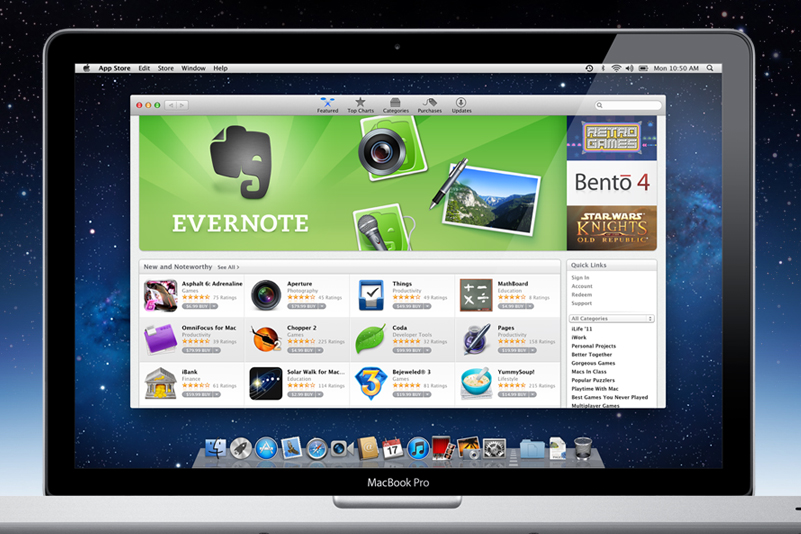
Apple's results, released earlier this week, show just how good the iPhone and iPad have been for the technology company.
Apple's profits were up 125 per cent, driven by a 142 per cent growth in iPhone sales, despite a lack of new models, and by a whopping 183 per cent increase in iPad sales.
But Mac sales look more pedestrian. Many IT vendors would sell their grandmas to see double-digit growth, but in Apple's world, a 14 per cent year on year increase in Mac shipments is merely a blip. The much-vaunted "halo effect," where iPhone or iPad users also buy a Mac to supplement their shiny new device, clearly has its limits. Or does it?
Full virtualisation would be the best way to make Lion really roar for the enterprise.
Break down the numbers and the picture is a little different. Firstly, Apple is the only large-scale computer maker to post a double-digit increase in PC sales at all. Secondly, Apple now has 11 per cent of the US computer market, putting it third behind HP and Dell, according to figures from industry analysts IDC. And this is without allowing for the iPads that are being used instead of computers, in households but also in businesses.
Apple, though, has long had a troubled relationship with IT departments. Any creative professional will testify just how hard it can be to convince IT managers to allow the use of Macs in Windows-dominated environments. And, despite the fact that the Mac OS is now quite a well-behaved client on Windows LANs, Apple sometimes does little to help its own cause.
Think of the decision to cull the Xserve Raid storage system, and then to abandon the rack-mounted Xserve itself. Even the decision to release OS10.7, or Lion, for download only is hardly going to endear Apple to IT managers who need to conserve network resources. And the jury is still out on the server features of Lion, now that server functionality is an app-store add on, rather than a separate product.
Get the ITPro daily newsletter
Sign up today and you will receive a free copy of our Future Focus 2025 report - the leading guidance on AI, cybersecurity and other IT challenges as per 700+ senior executives
At the same time, though, more businesses are allowing their end users to choose Macs, or bring their personal Macs to work. A 14 per cent increase in Mac shipments does not come from consumers alone.
For IT departments, this means it is less a question of accommodating or tolerating Macs, but integrating them. The same applies to iOS devices such as the iPad; iOS 5, in particular, will increase the iPad's potential as a standalone alternative to the PC.
But Apple could also do more to help IT departments. One way would be a more business-friendly approach to software updates, avoiding such faux pas as deleting Final Cut Studio from its range on the release of Final Cut X, even though there are companies that might want to add seats of the current version. Another would be direct support of iSCSI, for access to shared storage.
Most of all, though, IT departments would want to see the Mac OS offering full support for virtualisation, on the desktop and on the server. There are rumours that Apple will, itself, run a virtualised version of Mac OS under VMware as part of its iCloud product. Currently, OS X can only be run under a virtual environment on Apple hardware - a significant restriction, especially in the data centre.
Allowing OS X to run as a guest on non-Apple servers, and even on the desktop under VDI, would bring enormous administrative benefits to companies using Macs and even encourage wider use of the OS. But its impact on consumers, or even business users, wanting an iMac or MacBook would surely be minimal.
Full virtualisation would be the best way to make Lion really roar for the enterprise.
Stephen Pritchard is a contributing editor at IT Pro.
-
 Third time lucky? Microsoft finally begins roll-out of controversial Recall feature
Third time lucky? Microsoft finally begins roll-out of controversial Recall featureNews The Windows Recall feature has been plagued by setbacks and backlash from security professionals
By Emma Woollacott Published
-
 The UK government wants quantum technology out of the lab and in the hands of enterprises
The UK government wants quantum technology out of the lab and in the hands of enterprisesNews The UK government has unveiled plans to invest £121 million in quantum computing projects in an effort to drive real-world applications and adoption rates.
By Emma Woollacott Published
-
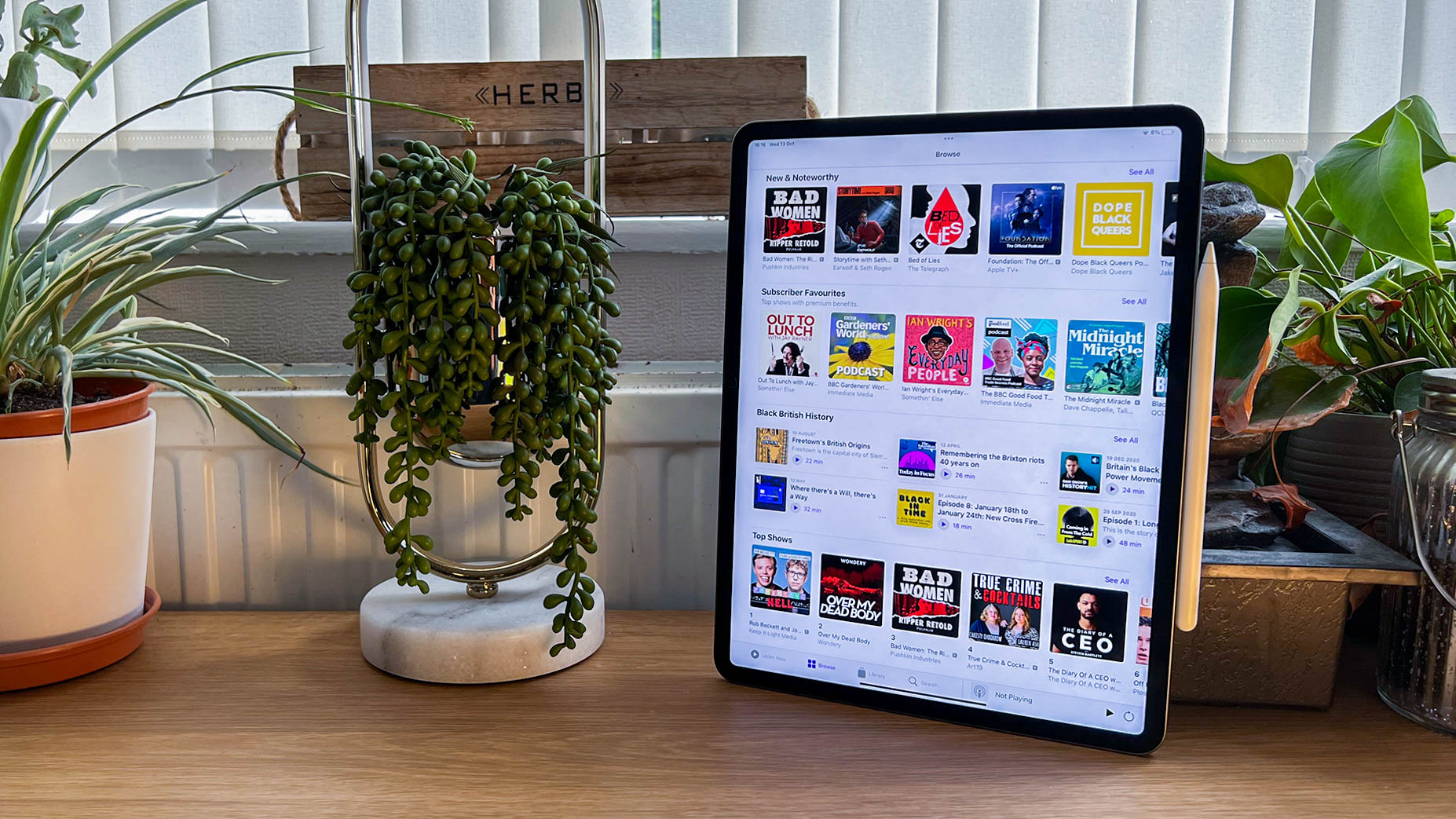
 Apple iPad Pro 12.9in (2021) review: A giant leap for Apple silicon
Apple iPad Pro 12.9in (2021) review: A giant leap for Apple siliconReviews Paired with a 120Hz display with incredible colour accuracy, the iPad Pro is more deserving of its name than ever
By Josh Brown Last updated
-
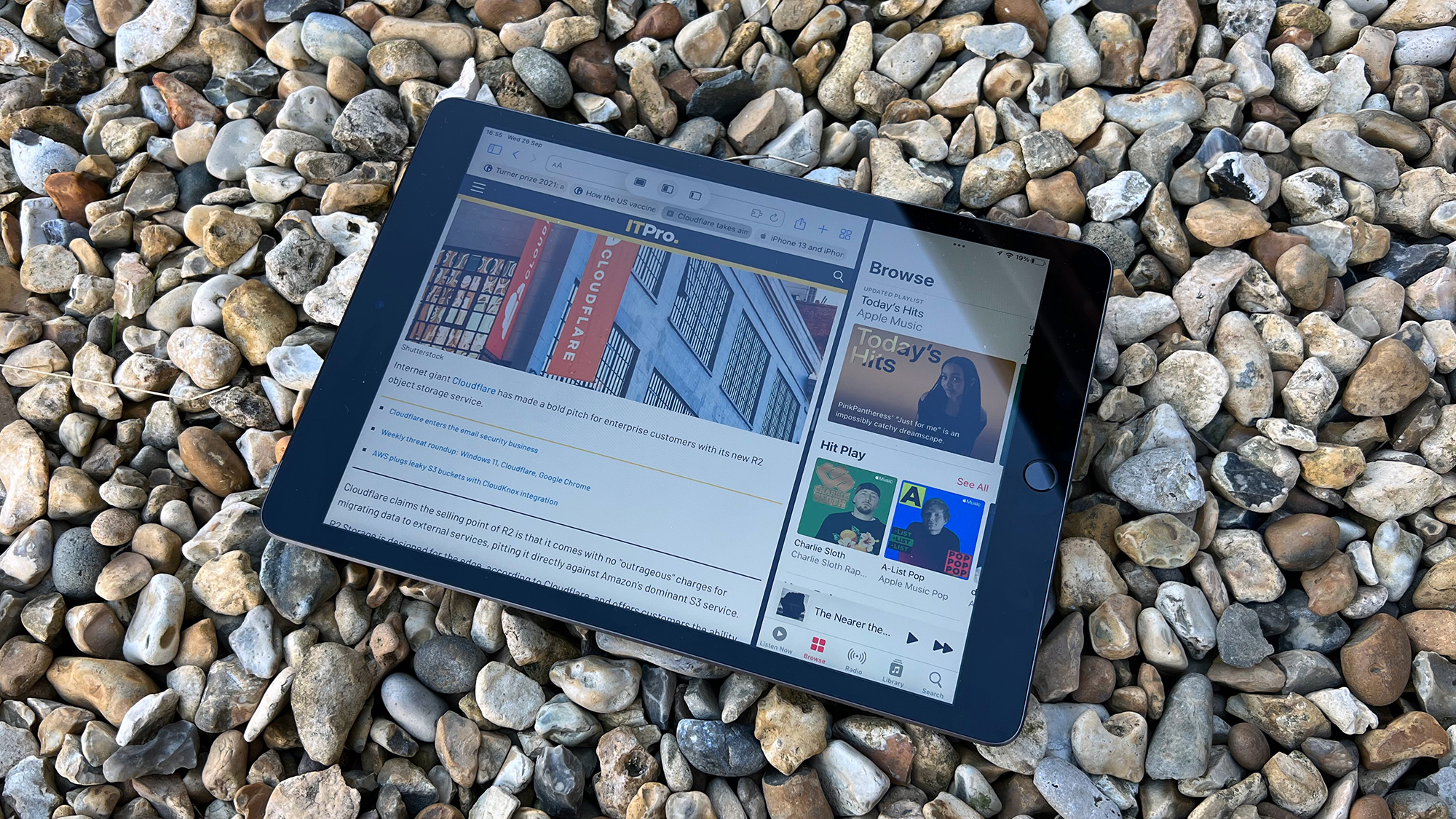
 Apple iPad (2021) review: The best entry-level iPad
Apple iPad (2021) review: The best entry-level iPadReviews Although pointing more to the past than the future, this iPad succeeds where it matters
By Craig Grannell Published
-
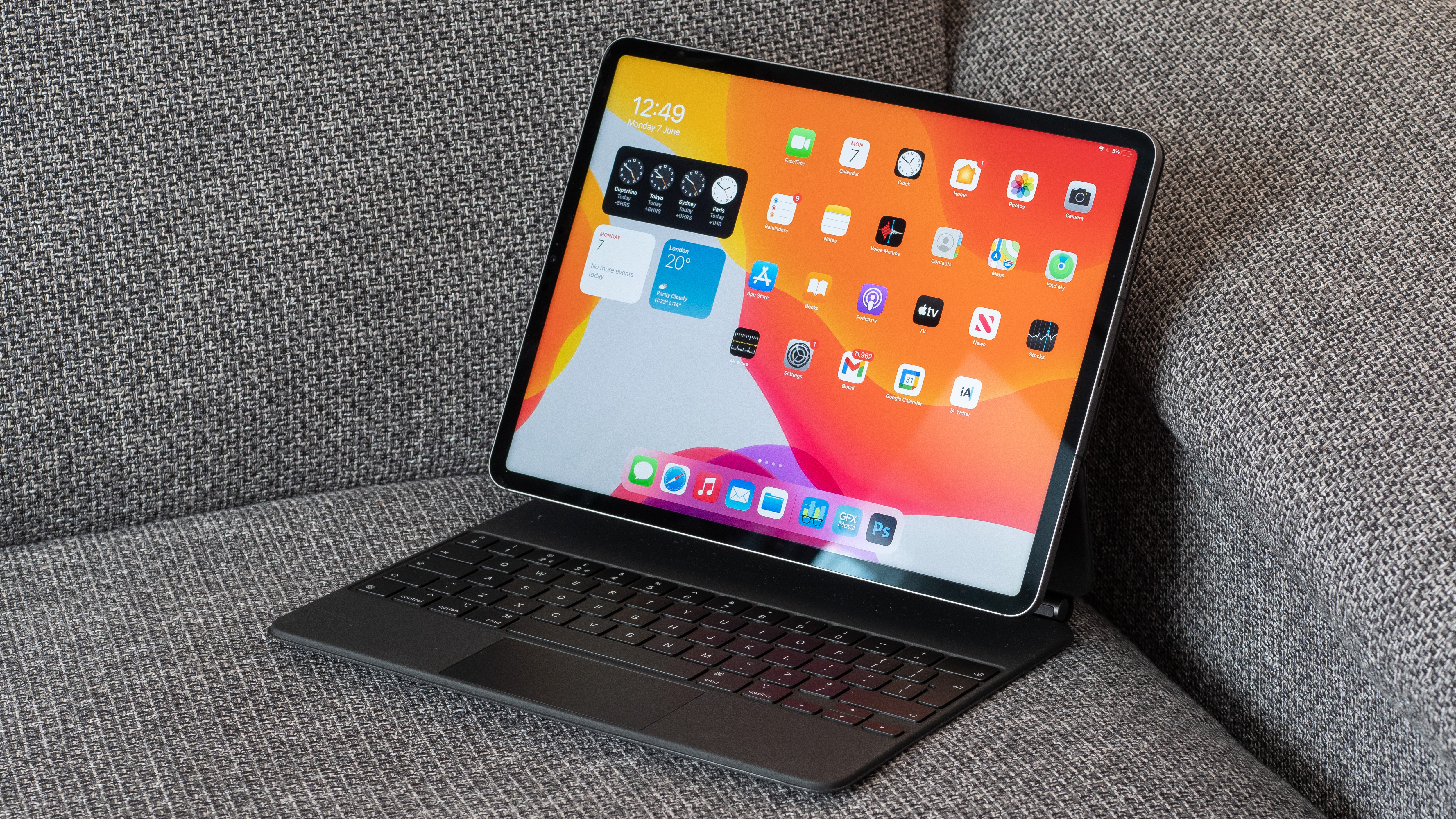 Apple iPad Pro 12.9in (Apple M1, 2021) review: Falls just short of greatness
Apple iPad Pro 12.9in (Apple M1, 2021) review: Falls just short of greatnessReviews More of a laptop alternative than ever with a stupendous display but iOS still has flaws
By Jonathan Bray Published
-
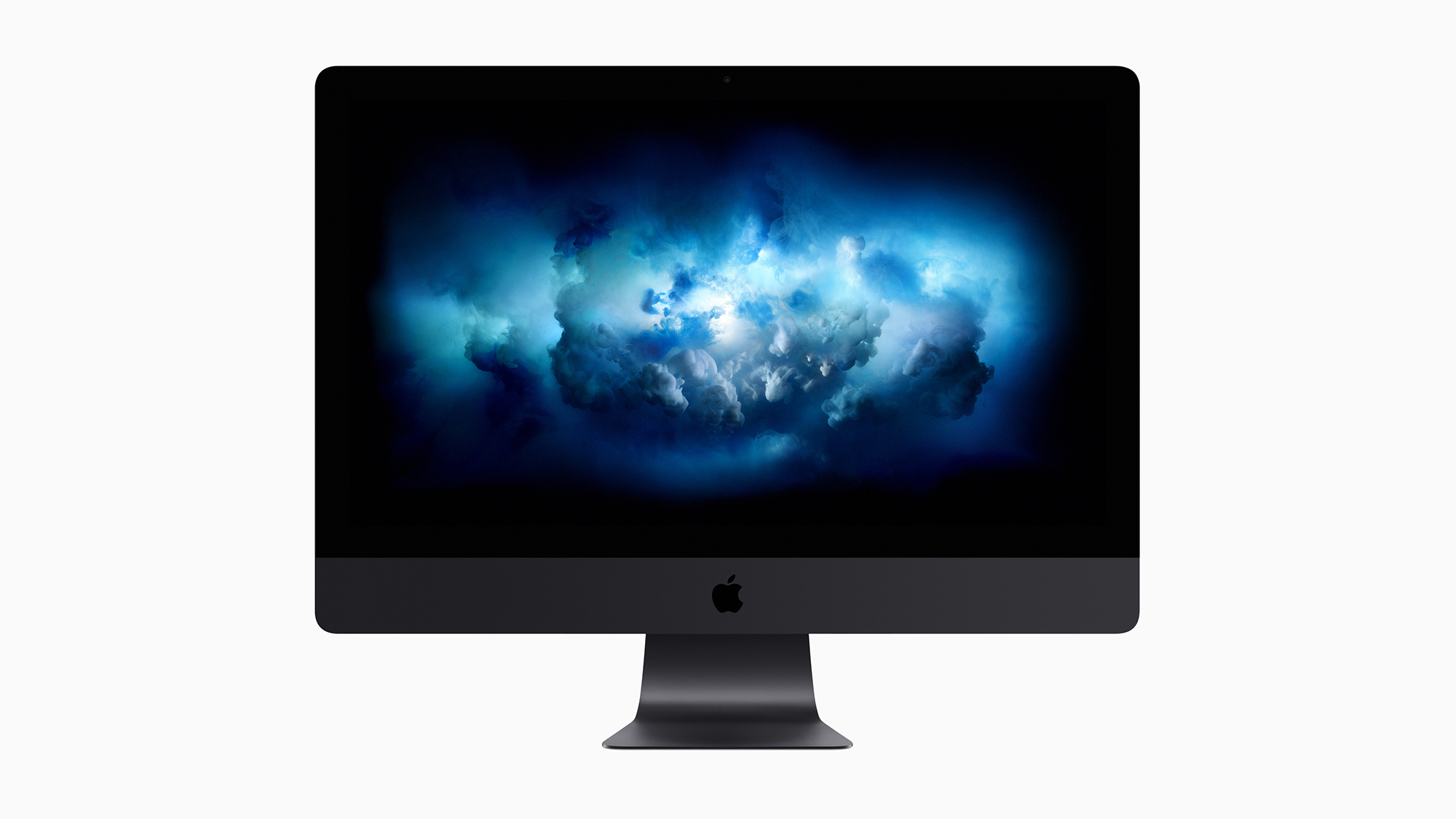 Apple discontinues the iMac Pro
Apple discontinues the iMac ProNews Desktop product shake-up paves the way for new Apple Silicon-powered machines
By Danny Bradbury Published
-
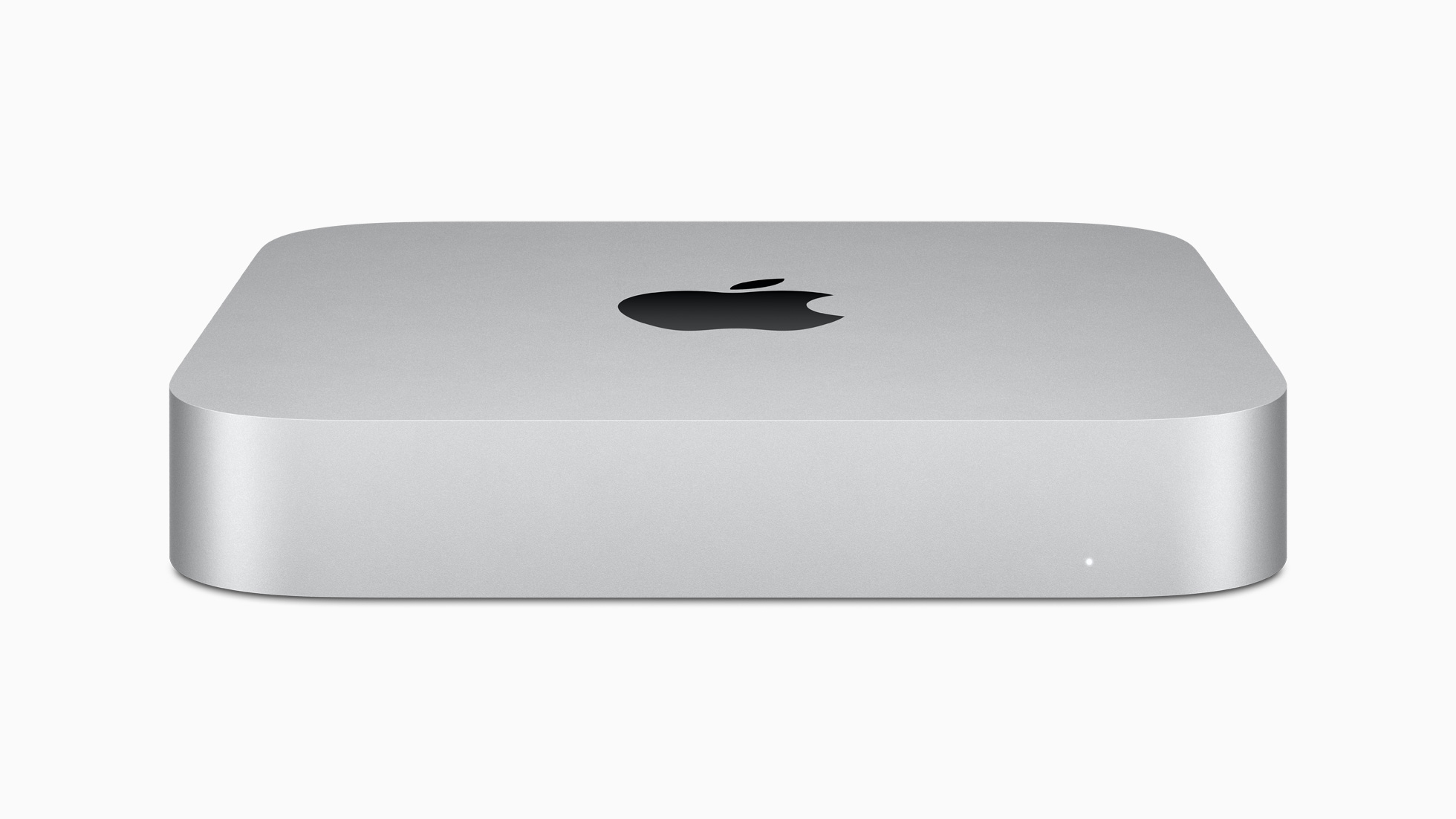 M1 Mac mini users suffering Bluetooth connectivity problems
M1 Mac mini users suffering Bluetooth connectivity problemsNews It’s unknown if the issue is in the new Apple silicon or the Big Sur OS
By Rene Millman Published
-
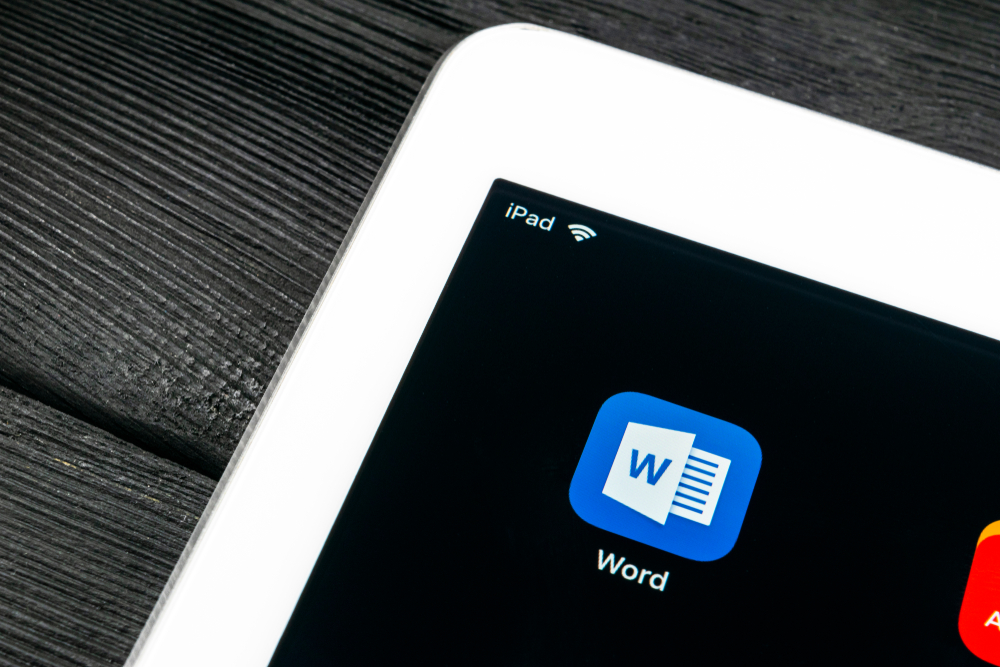 Microsoft Office for iPad gets mouse and trackpad support
Microsoft Office for iPad gets mouse and trackpad supportNews The iOS app update also brings a new start screen and a ribbon of feature menus
By Tyler Omoth Published
-
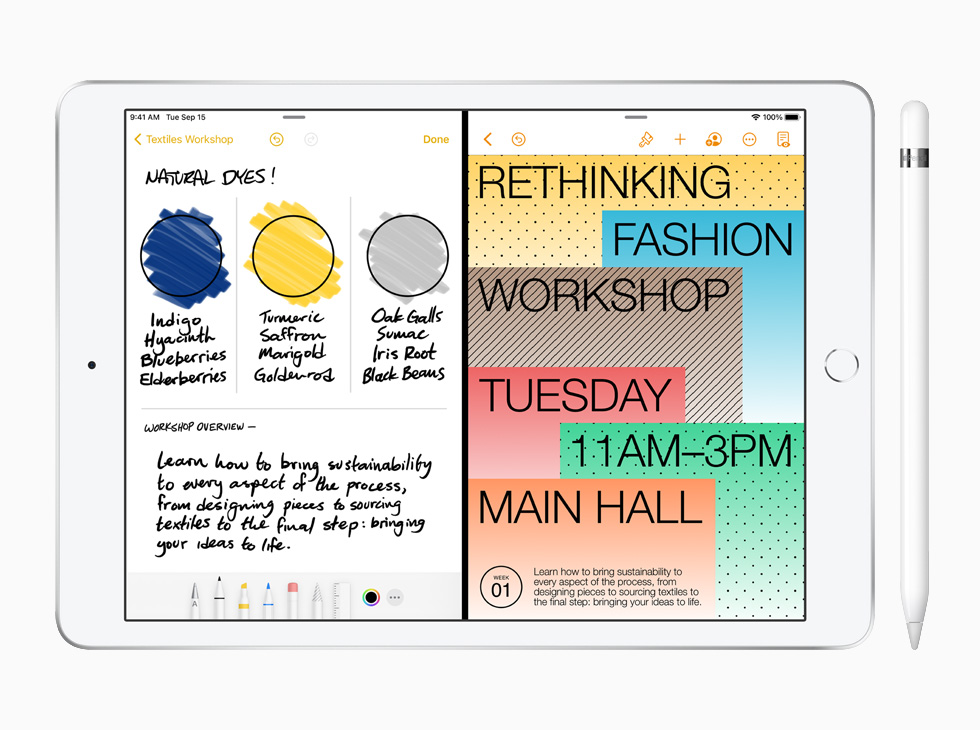 The 8th-generation iPad debuts with the A12 Bionic chip
The 8th-generation iPad debuts with the A12 Bionic chipNews Apple claims it's latest entry-level iPad is three times faster than the top Android tablet
By Sarah Brennan Published
-
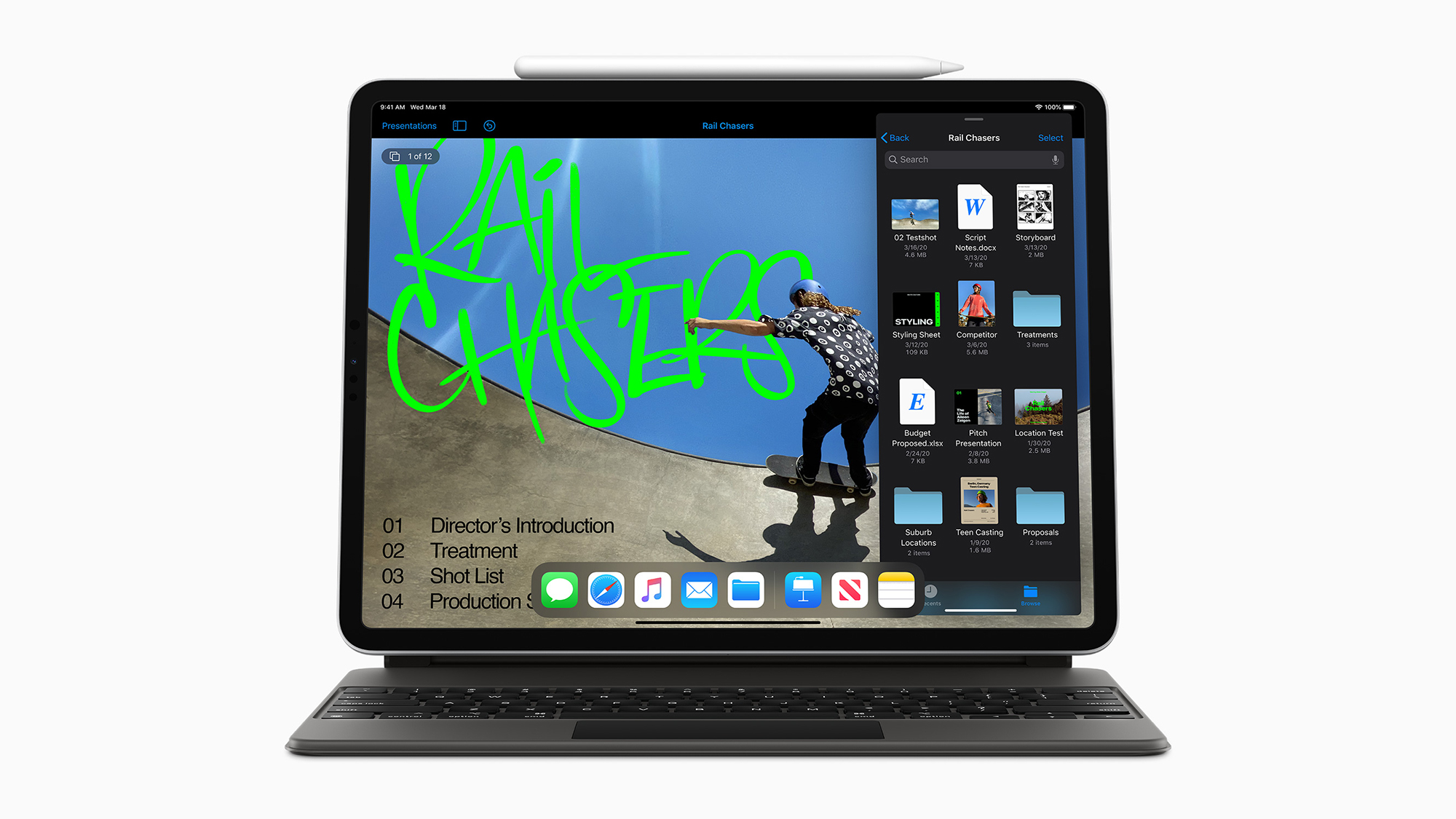
 Apple iPad Pro 12.9in (2020) review: Believe the hype
Apple iPad Pro 12.9in (2020) review: Believe the hypeReviews The most expensive and most ambitious iPad yet
By Jon Honeyball Published